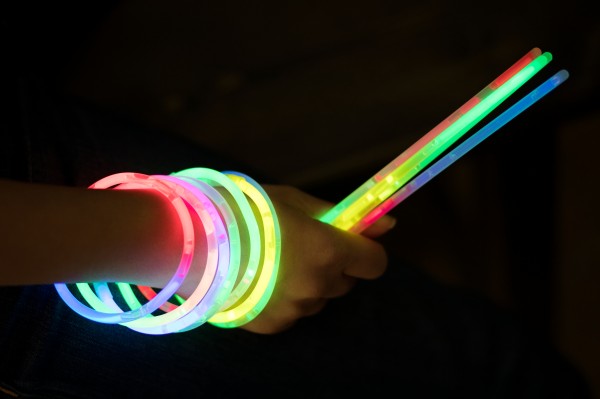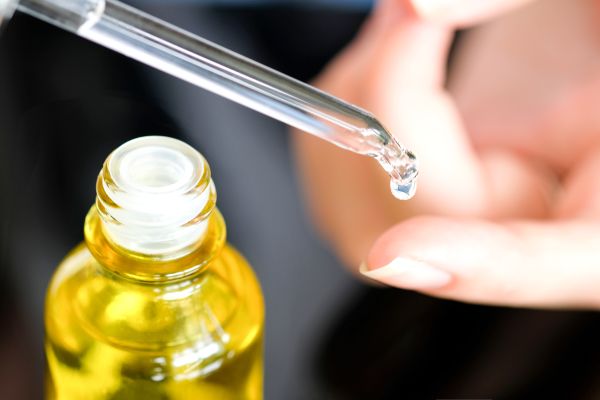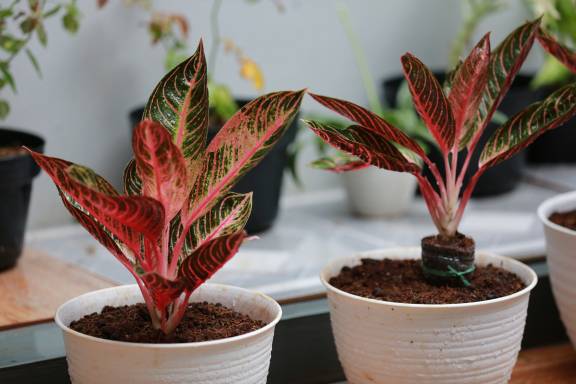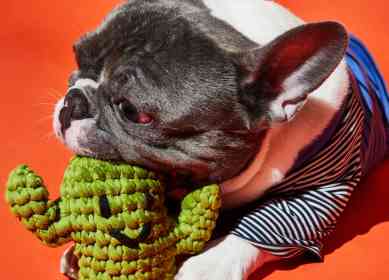Connect with a verified veterinarian in minutes. Licensed vets are available 24/7 to answer your questions. No need to worry about your furry family member.
Glow sticks are so much fun! Kids and adults love to wave these glowing sticks around in the dark. Glow sticks come in a wide range of neon colors and are popular any time of the year. However, they’re more popular around certain holidays, such as Halloween, the 4th of July, and more. But what happens if a dog eats a glow stick?
Has your dog eaten a glow stick? Are you worried the glow stick will make your dog sick? If so, you’ve come to the right place. We understand it can be scary when your dog eats something like this.
We’ve put together some information about glow sticks and whether they can make a dog sick. Let’s get started!
What is a Glow Stick?
A glow stick, also referred to as a light stick, is usually shaped like a rod or wand made of a translucent plastic tube. Inside the plastic tube are chemicals: one chemical is isolated from the other, usually in a glass container; the other chemical is DBP (dibutyl phthalate, which can be clear or come in a wide range of neon colors. When these two chemicals come together inside the plastic wand, it will begin to glow.
While glow sticks are safe for humans (when used as directed), what about dogs? Can a glow stick make a dog sick?
Glow Sticks & Dogs
Unfortunately, glow sticks can make a dog sick. The chemical DBP is considered to be non-toxic; however, it can cause digestive tract issues in dogs. What’s more, if the chemical is swallowed, DBP can also cause other medical issues in younger dogs. These include developmental issues, damage to the liver, kidneys, and reproductive organs, and more.
In addition, the glow stick contains a glass capsule that isolates a chemical that reacts with DBP to cause the glow stick to light up. It’s possible the dog could swallow some of this glass, which is extremely dangerous.

Review symptoms, medications & behavior to keep your pets healthy with a Vet Online in just minutes.
Ask a Vet Live NowSymptoms of Glow Stick Ingestion in Dogs
You may notice these symptoms if your dog eats a glow stick:
- Agitation/aggression
- Blood in dog’s stool
- Excessive drooling/foaming of the mouth
- Gagging or dry heaves
- Diarrhea
- Vomiting
- Lack of appetite
- Dehydration
- Hyperactivity
- Pawing at eyes and mouth
If you notice these symptoms in your dog, call the vet immediately. This is an emergency.
Treatment of Glow Stick Ingestion in Dogs
Treatment depends on your dog’s symptoms and whether he’s eaten the plastic tubing and/or the glass capsule inside the glow stick. In some cases, if your dog has eaten plastic or glass, the vet may need to perform emergency surgery to remove these from your canine companion’s system.
The good news is the prognosis is best for dogs who receive prompt medical treatment. And in the future, be sure to keep all glow sticks out of your fur baby’s reach. You’ll both be happier for it!
Connect with a verified veterinarian in minutes. Licensed vets are available 24/7 to answer your questions. No need to worry about your furry family member.

Julie
Julie is a graduate of the University of North Carolina, Wilmington, where she studied Animal science. Though contrary to the opinion of her parents she was meant to study pharmacy, but she was in love with animals especially cats. Julie currently works in an animal research institute (NGO) in California and loves spending quality time with her little cat. She has the passion for making research about animals, how they survive, their way of life among others and publishes it. Julie is also happily married with two kids.
Review symptoms, medications & behavior to keep your pets healthy with a Vet Online in just minutes.
Ask a Vet Live Now





